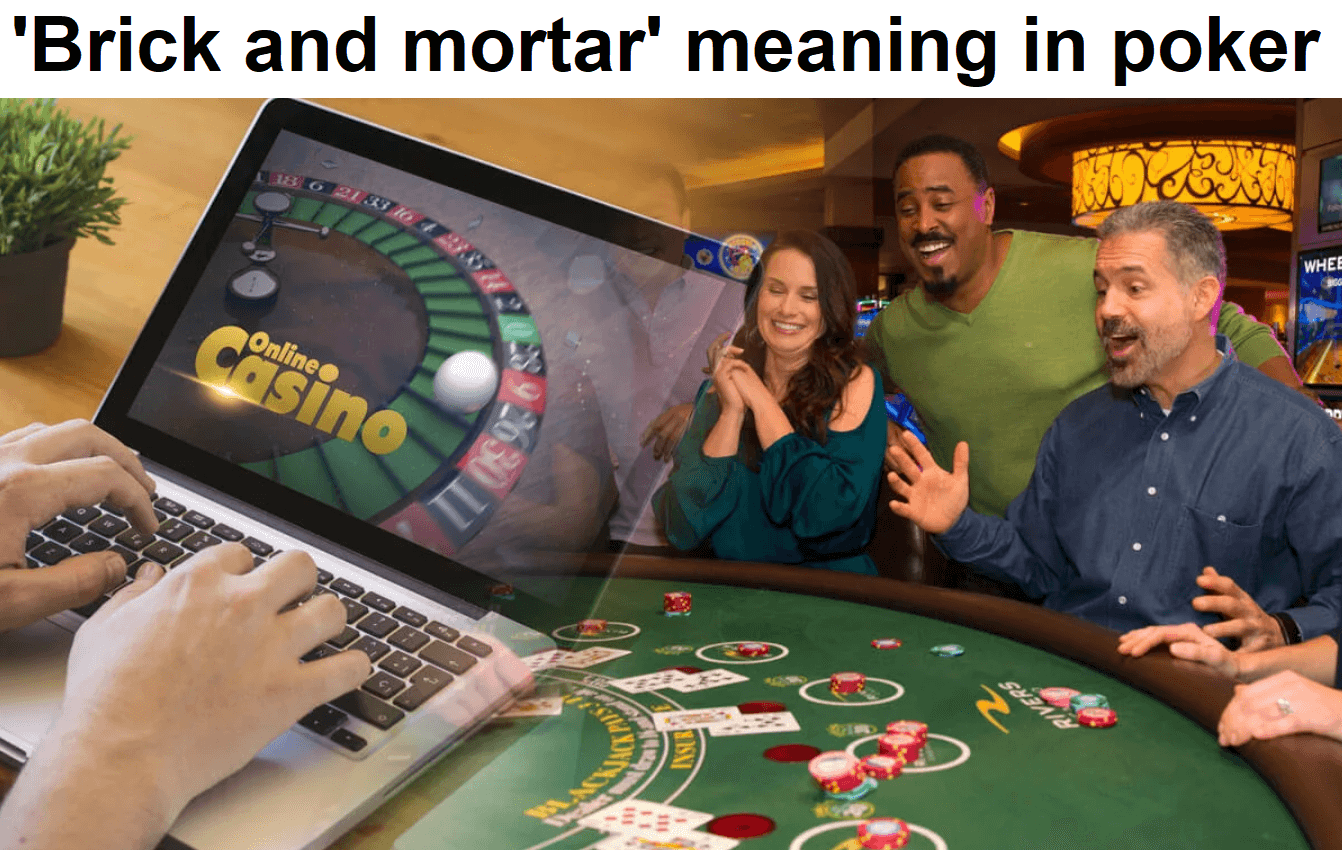

The term “brick and mortar” is often associated with physical buildings or establishments in various contexts. In the world of poker, it has a distinct meaning, highlighting the contrast between traditional physical poker rooms and the modern online poker platforms.
Definition of ‘Brick and Mortar’ in Poker
In poker, “brick and mortar” refers to the traditional, physical poker rooms or casinos where players gather to play poker face-to-face. These establishments, made of tangible materials like brick and mortar, provide a sensory experience that online platforms can’t replicate.
Contrast with Online Poker
With the rise of online gambling, there’s a clear difference between ‘brick and mortar’ and online poker venues:
- Brick and Mortar: Physical poker rooms offer a sensory experience, including sights, sounds, and the tactile feel of cards.
- Online Poker: Virtual platforms offer convenience and accessibility but lack physical interaction.
The Appeal of ‘Brick and Mortar’ Poker Rooms
Despite the convenience of online poker, ‘brick and mortar’ poker rooms hold a unique appeal:
- Social Interaction: Physical interaction and social engagement add to the experience.
- Tangible Experience: Handling cards and chips, observing opponents, and enjoying the casino ambiance offer a richness that virtual platforms lack.
- Professional Play: Many professional tournaments are hosted in ‘brick and mortar’ casinos, attracting serious players.
Conclusion
The term “brick and mortar” in poker signifies more than just physical buildings; it represents the traditional, immersive experience of playing poker in a real casino environment. While online platforms have expanded the reach of poker, ‘brick and mortar’ venues continue to offer a unique, tangible experience that resonates with many players. Whether you prefer the physical or virtual environment, understanding this term enriches your appreciation of the diverse poker playing landscape.





